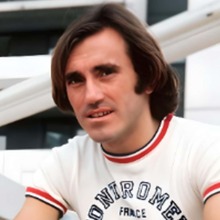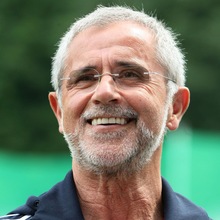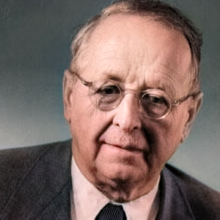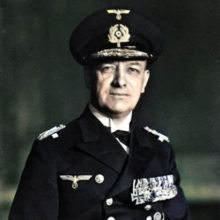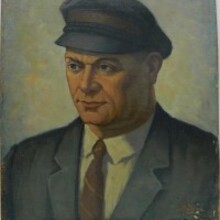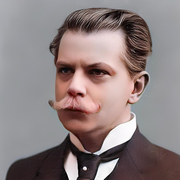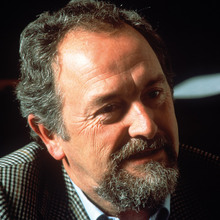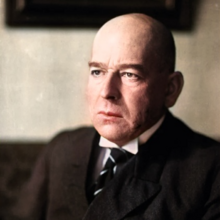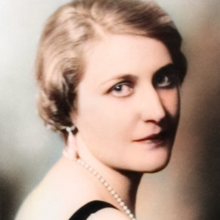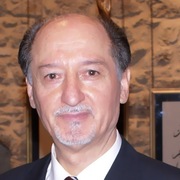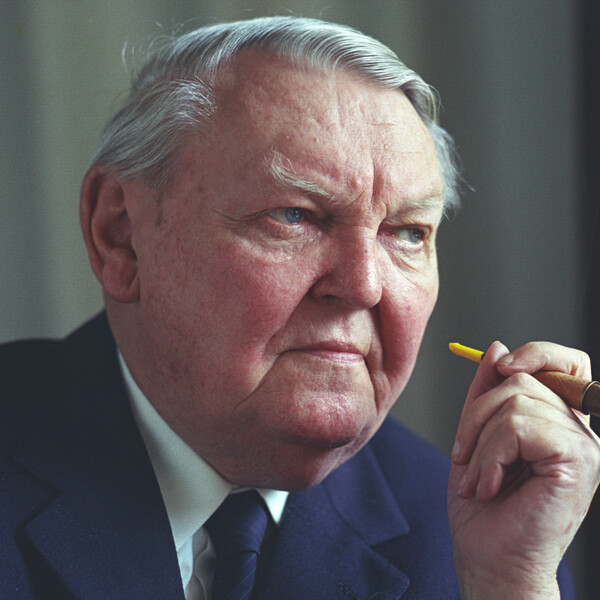
Personal
Other names:
Job / Known for:
Economist and statesman
Left traces:
Social market economy and economic miracle
Born
Date:
1897-02-04
Location:
DE
Fürth, Kingdom of Bavaria, German Empire
Died
Date:
1977-05-05 (aged 80)
Resting place:
DE
Death Cause:
Heart failure
Family
Spouse:
Luise Schuster (1923–1975)
Children:
One daughter, Elisabeth (1926–2019)
Parent(s):
Wilhelm Erhard and Augusta Erhard (née Hassold)
QR Code:
Show More
Rank
Users ranking to :
Thanks, you rate star
Ranking
5.0
1
Fullname
Ludwig Erhard
Slogan
A compromise is the art of dividing a cake in such a way that everyone believes
About me / Bio:
Show More
Article for Ludwig Erhard
Died profile like Ludwig Erhard
Comments:

